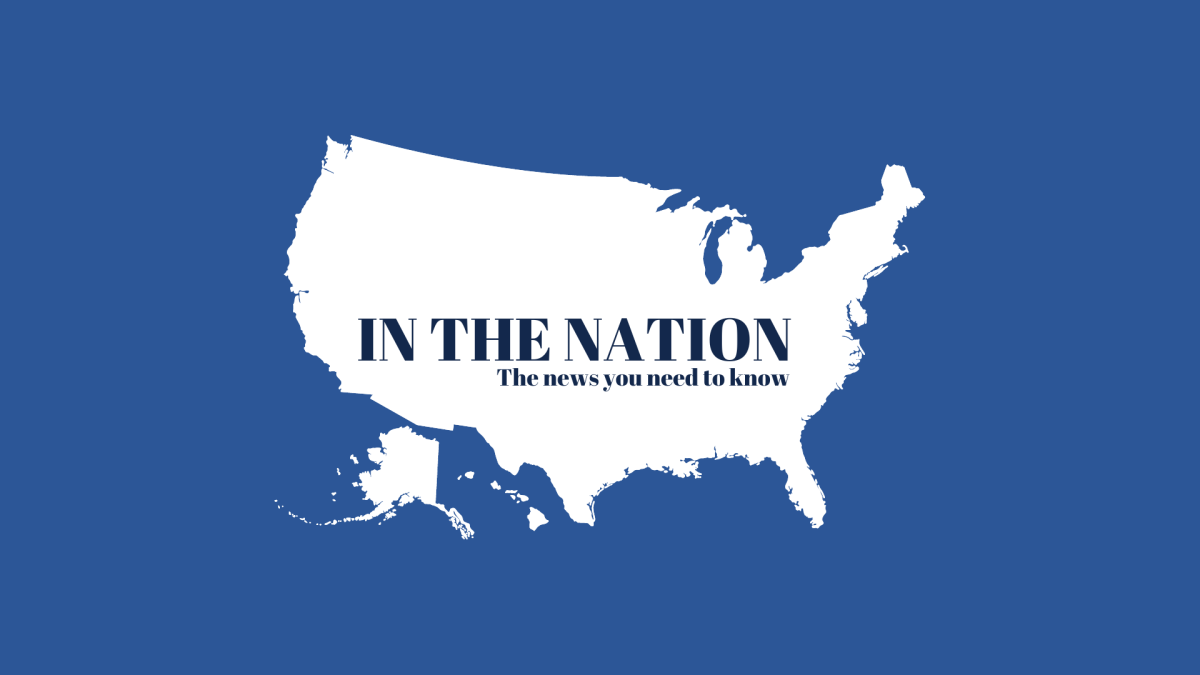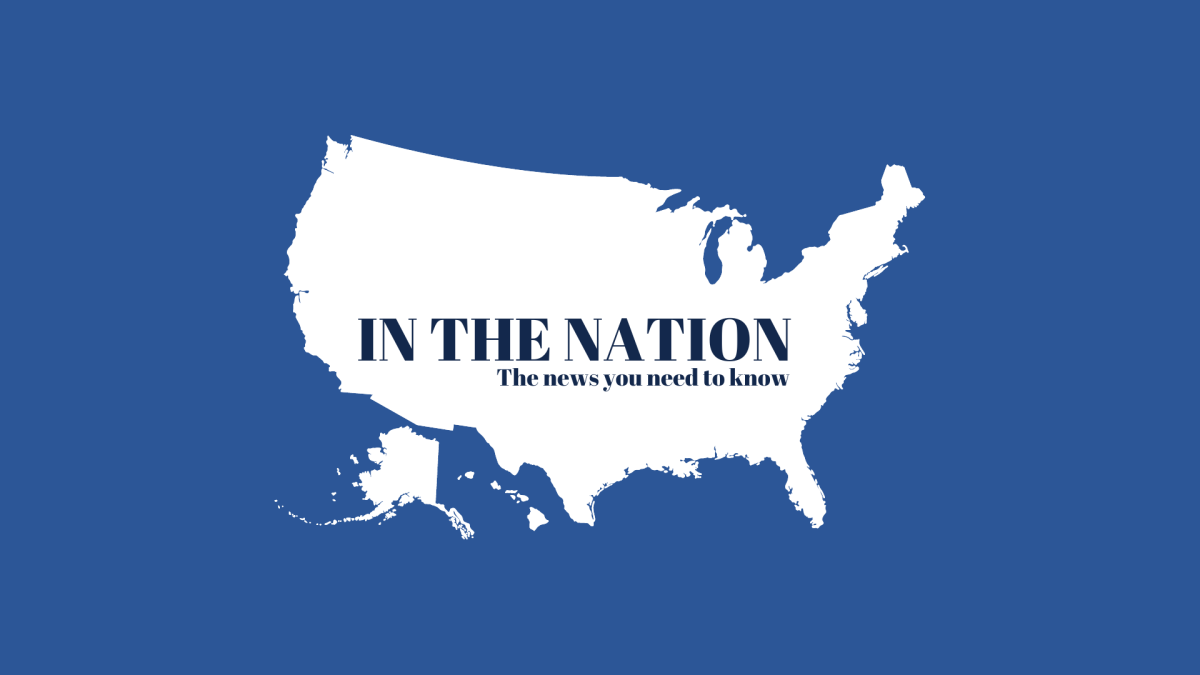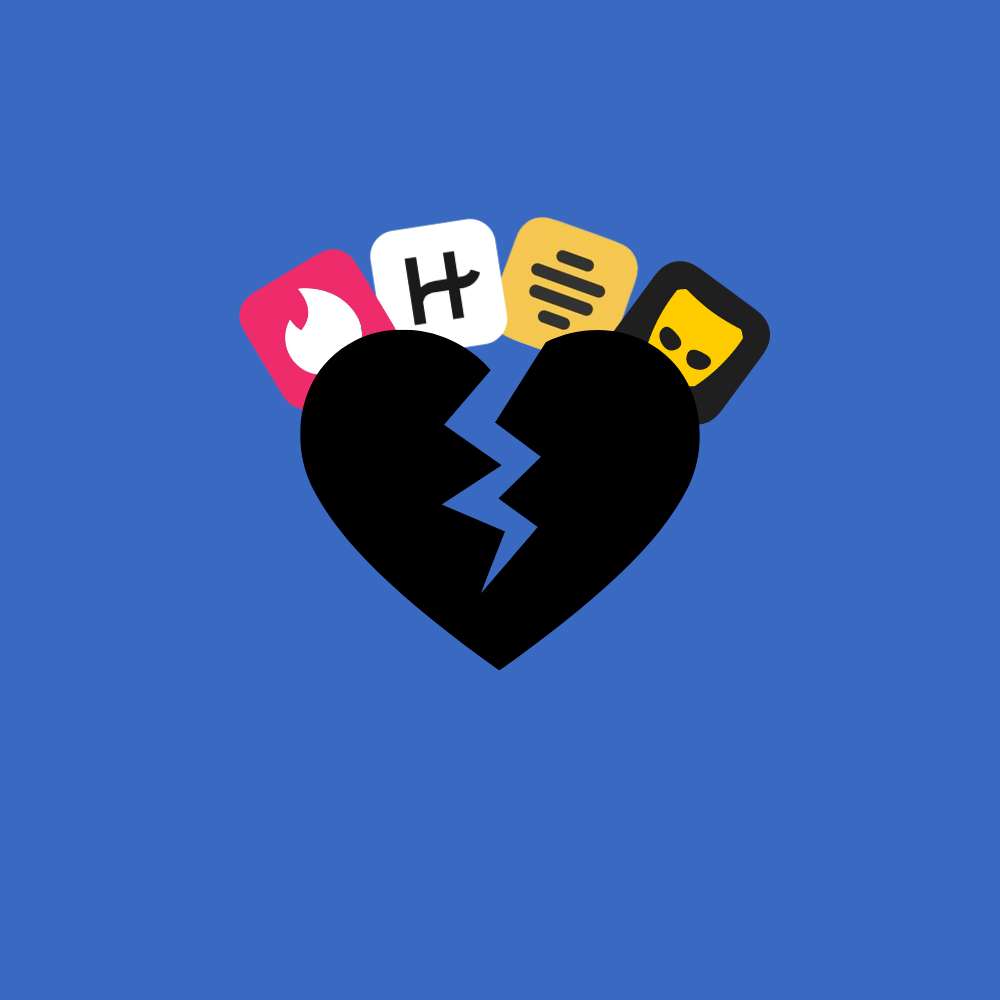What does it mean to be American? For many, it means freedom.
In the United States, the First Amendment outlines five freedoms — religion, speech, press, assembly and protest. These freedoms have been the foundation of American society for centuries, establishing the idea that the United States is a “free country.”
These freedoms were adopted in 1791, but a lot has changed since then. So what does “home of the free” mean today?
Over the past week, freedom of speech has been questioned by politicians and the public alike. From Donald Trump’s threats to media organizations that speak out about him to another late-night show host being taken off the air, the news has focused on what freedom looks like today.
To break down how all of these events connect, first, it’s important to understand why freedom of speech matters.
According to the 2025 Global Expression report, 35 countries in the world are qualified under “open” freedom of expression laws. Meaning that citizens of those countries have relatively high levels of freedom when it comes to what they can say, express and believe.
The United States is ranked as the 21st country on this report, with France and Costa Rica listed just above and Portugal and Italy following.
By contrast, there are 43 countries that fall under this report’s “crisis” category. An additional 44 countries fall under the “restricted” and “highly restricted” categories.
On Trump’s second first day in office, he signed a long series of executive orders. Of those, there was a declaration titled “Restoring Freedom of Speech and Ending Federal Censorship.” In which it says “government censorship of speech is intolerable in a free society.”
On the same day, Jan. 20, 2025, Trump made a speech where he said, “Never again will the immense power of the state be weaponized to persecute political opponents.”
Vice President JD Vance also defended free speech during the early months of the administration.
On Feb. 14, Vance said, “Under Donald Trump’s leadership, we may disagree with your views, but we will fight to defend your right to offer it in the public square, agree or disagree.”
Top Trump administration officials started changing the way they talk about free speech and hate speech after the assassination of Charlie Kirk. With many targeting people who are speaking out against Kirk and threatening legal action.
Attorney General Pam Bondi spoke on Katie Miller’s Podcast. After defending the freedom of speech regardless of what views you hold, Bondi has changed her perspective.
“We will absolutely target you, go after you, if you are targeting anyone with hate speech,” Bondi said.
Under the First Amendment, all speech is protected — including hate speech. This has long been argued between liberals and conservatives over what should and should not fall under free speech. But as the law stands now, the only speech not protected under the First Amendment is speech that is a threat of violence or something that indicates a criminal act that would fall under a hate crime.
Legally, comments made about Kirk’s death are often not crossing this line and are protected under the First Amendment.
Another thing protected under the First Amendment is free and independent journalism. However, Trump has long targeted journalism, and his crackdown on the free press continues to increase.
The Pentagon announced Sept. 21 that there would be new policies that credentialed journalists will have to follow. These policies include signing a pledge that they will not publish anything that has not been authorized for release, including unclassified information.
Journalists who do not abide by these policies will risk losing their credentials, according to the new policy.
This is a violation of the freedom of the press that is protected under the First Amendment, according to advocates for press freedom.
Former Vice President Kamala Harris said in a tweet Sept. 18, “This administration is attacking critics and using fear as a weapon to silence anyone who would speak out. Media corporations — from television networks to newspapers — are capitulating to these threats.”
This announcement also comes as Trump expands threats, lawsuits and government pressure. This has ranged from carefully selected press pools, suing newspapers that report against the administration to threats against late-night talk show hosts and people who are speaking in objection to the MAGA agenda.
“Jimmy Kimmel Live” was suspended indefinitely Sept. 18 after Kimmel made comments about Tyler Robinson, the 22-year-old suspected of killing Kirk.
“We hit some new lows over the weekend with the MAGA gang desperately trying to characterize this kid who murdered Charlie Kirk as anything other than one of them and doing everything they can to score political points from it,” Kimmel said on his show.
It was announced Sept. 22 by Disney that the show will be back Sept. 23. However, the two major media streaming stations, Sinclair and Nextstar, both said they would not be airing “Jimmy Kimmel Live.”
Kimmel’s comments sparked a lot of controversy amongst conservatives.
ABC, the network that produces “Jimmy Kimmel Live,” was threatened by Sinclair Broadcast Group, the company that airs ABC broadcasting, that if Kimmel wasn’t taken off the air, it would not air any of its content.
Following the announcement of Kimmel’s suspension, late-night host Stephen Colbert spoke out on his show.
“And if ABC thinks that this is going to satisfy the regime then they are woefully naive,” Colbert said.
CBS announced in July that Colbert’s “The Late Show” would be cancelled after this season in May 2026. The network said this was due to budget cuts, though many suspected it was due to comments the host has made about Trump.
When Kimmel was first suspended, Sinclair had a list of things the host had to do before it would air his show again. This included a direct apology to Kirk’s family and for Kimmel to make a personal donation to both Kirk’s family and his organization, Turning Point USA.
In this wave of censorship and questions of free speech, few republicans have spoken in opposition to Trump.
Republican Senator Ted Cruz of Texas spoke out on his podcast, “Verdict with Ted Cruz,” Sept. 19, about the dangers of what the Trump administration is doing.
“I think it is unbelievably dangerous for government to put itself in the position of saying, ‘We’re going to decide what speech we like and what we don’t, and we’re going to threaten to take you out there if we don’t like what you’re saying,’” Cruz said.
Censorship threats have not been exclusive to media organizations or to just government power.
On Sept. 17, co-founder of Ben & Jerry’s ice cream company, Jerry Greenfield, left the company after saying that he no longer had political and social justice independence from Unilever.
About 20 years ago, Unilever became the parent company of Ben & Jerry’s, but allowed the company to retain autonomy over its social mission.
“Standing up for the values of justice, equity, and our shared humanity has never been more important, and yet Ben & Jerry’s has been silenced, sidelined for fear of upsetting those in power,” Greenfield wrote in a statement announcing his departure from the company.
Greenville said he could not “in good conscience” continue working at Ben & Jerry’s.
Freedom has long been a pillar of American society, and the First Amendment is a major part of that. However, the Trump administration continues to toe the line of freedom.


















